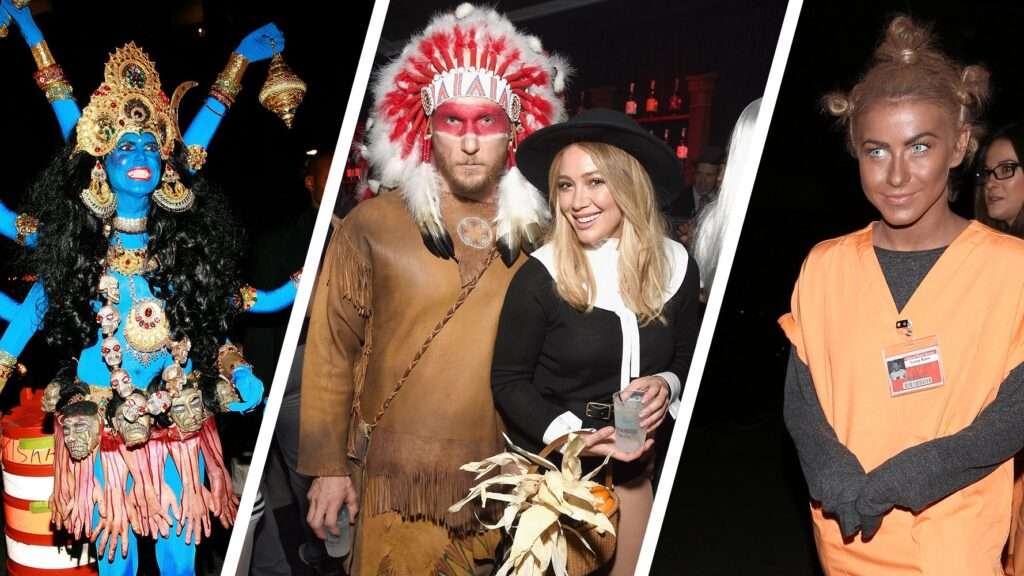The tapestry of the world is woven with the threads of diverse cultures, each having its unique traditions, customs, and expressions. As the world has become more globalized, the interaction and exchange between different cultures have increased exponentially. This interchange of cultures has given rise to the debate on ‘cultural appropriation,’ a term that has been met with a growing level of attention and scrutiny. Cultural appropriation refers to the adoption or imitation of elements of one culture by another culture, often without the consent or understanding of the original culture. This phenomenon has become especially problematic in a modern world where power dynamics and historical contexts add layers of complexity to cultural exchanges.

The Rise of Cultural Appropriation
Cultural appropriation is not a new concept, but it has gained significant attention in recent years, especially with the rise of social media platforms. Social media has made it easier for people to share and exchange cultural elements, from clothing, hairstyles, music, language, and even cuisine. This has led to an increase in the borrowing and adoption of cultural elements by individuals who do not belong to that particular culture. While some argue that this exchange promotes multiculturalism and fosters understanding between different cultures, others claim that it often results in the exploitation and commodification of minority cultures. The line between appreciation and appropriation is thin and often blurred, leading to debates and discussions about the ethics and implications of borrowing from other cultures.
The Problem with Cultural Appropriation
The primary issue with cultural appropriation lies in the power dynamics and historical contexts that often accompany the adoption of elements from another culture. For example, when a dominant culture, with a history of oppressing a minority culture, appropriates elements from the oppressed culture, it can be seen as a form of cultural theft or erasure. This can be particularly harmful as it can lead to the marginalization and devaluation of the original culture, while the appropriated elements are stripped of their meaning and context. Additionally, cultural appropriation often involves the commercialization of cultural elements, turning them into commodities that can be bought and sold, which can lead to the exploitation of the original culture for profit. This can result in the loss of cultural heritage and the erosion of the identity of the original culture.

The Debate on Cultural Appropriation
The debate on cultural appropriation is multifaceted and involves a wide range of perspectives. On one side of the spectrum, there are those who argue that cultural exchange is an integral part of human interaction and has been happening for centuries. They argue that sharing and adopting elements from other cultures can lead to a more inclusive and diverse society. On the other hand, there are those who argue that cultural appropriation often involves the exploitation and commodification of minority cultures by dominant cultures. They argue that it is essential to be mindful of the historical contexts and power dynamics involved in cultural exchanges and to ensure that they are done respectfully and ethically. It is also important to consider the intentions behind the appropriation and whether it is done in a way that honors and respects the original culture.

Navigating the Tightrope
Navigating the tightrope of cultural appropriation involves being aware of the historical contexts and power dynamics involved in cultural exchanges. It is important to approach other cultures with a sense of respect and a desire to learn and understand, rather than to exploit or commodify. It is also crucial to listen to the voices of those from the culture being appropriated and to take their perspectives into account. Ultimately, it is essential to have an open and honest conversation about cultural appropriation and its implications, and to strive for a more inclusive and respectful society.
Conclusion

Cultural appropriation has become a hot topic in the modern world, as the exchange of cultural elements has increased with globalization and the rise of social media. While some argue that cultural exchange promotes multiculturalism and fosters understanding between different cultures, others claim that it often results in the exploitation and commodification of minority cultures. The debate on cultural appropriation involves a wide range of perspectives and is influenced by historical contexts and power dynamics. Navigating the tightrope of cultural appropriation involves being aware of these factors and approaching other cultures with respect and a desire to learn and understand. Ultimately, it is essential to have an open and honest conversation about cultural appropriation and its implications, and to strive for a more inclusive and respectful society.










































